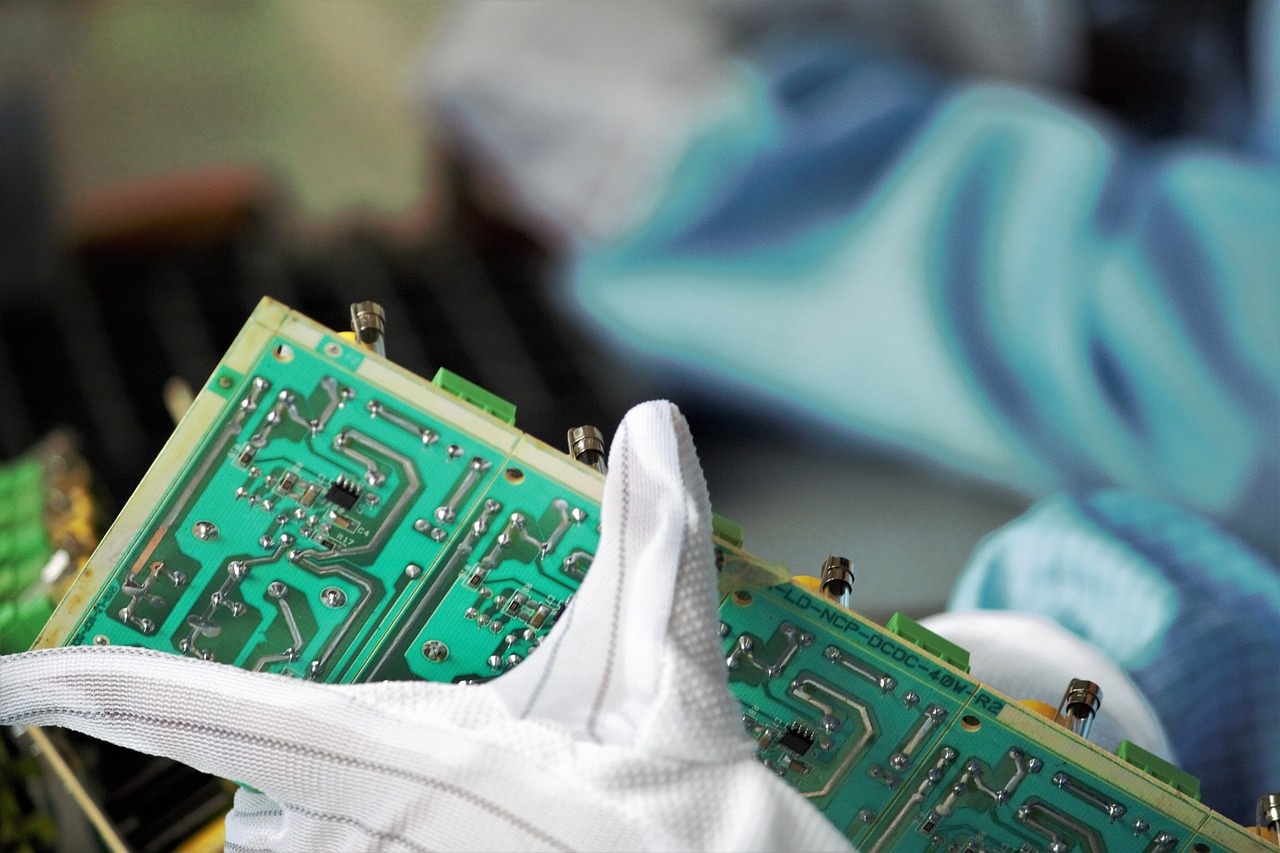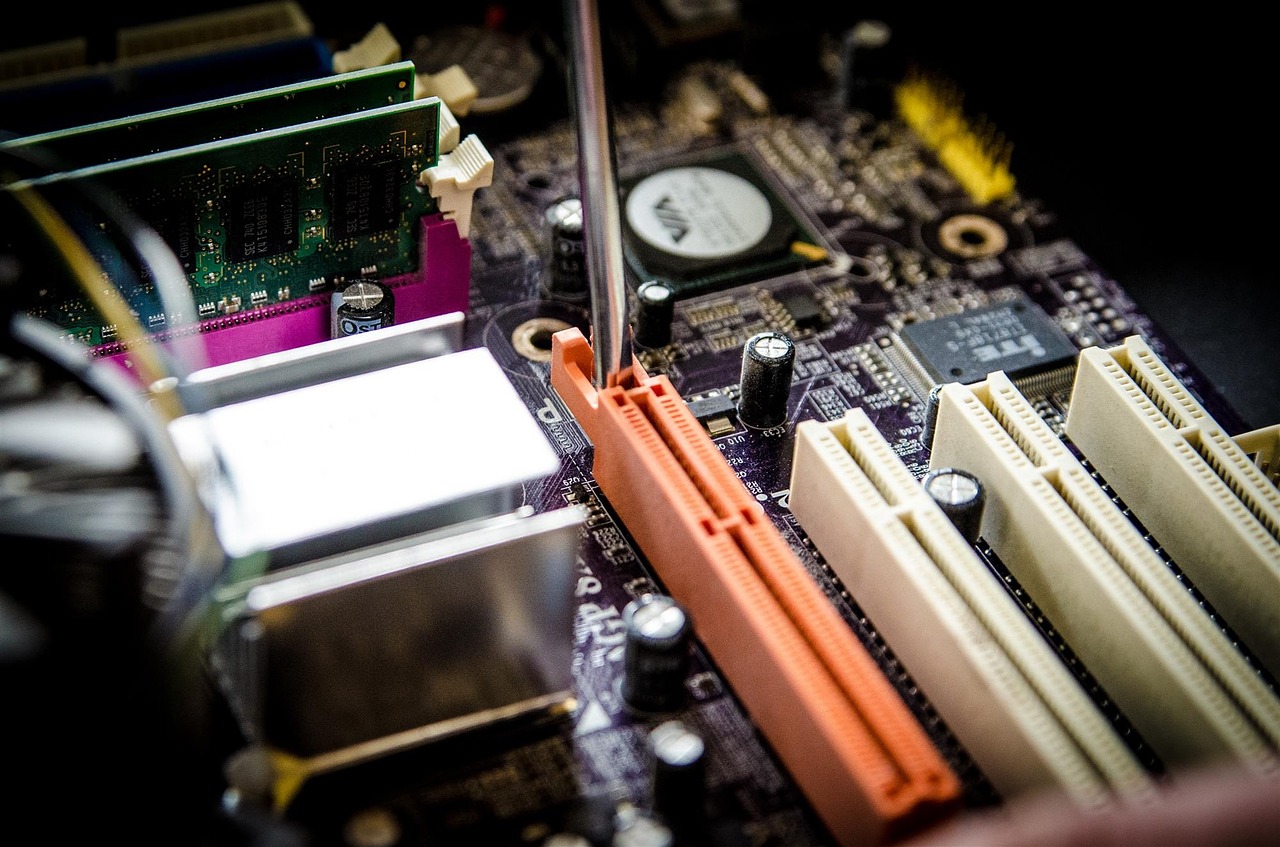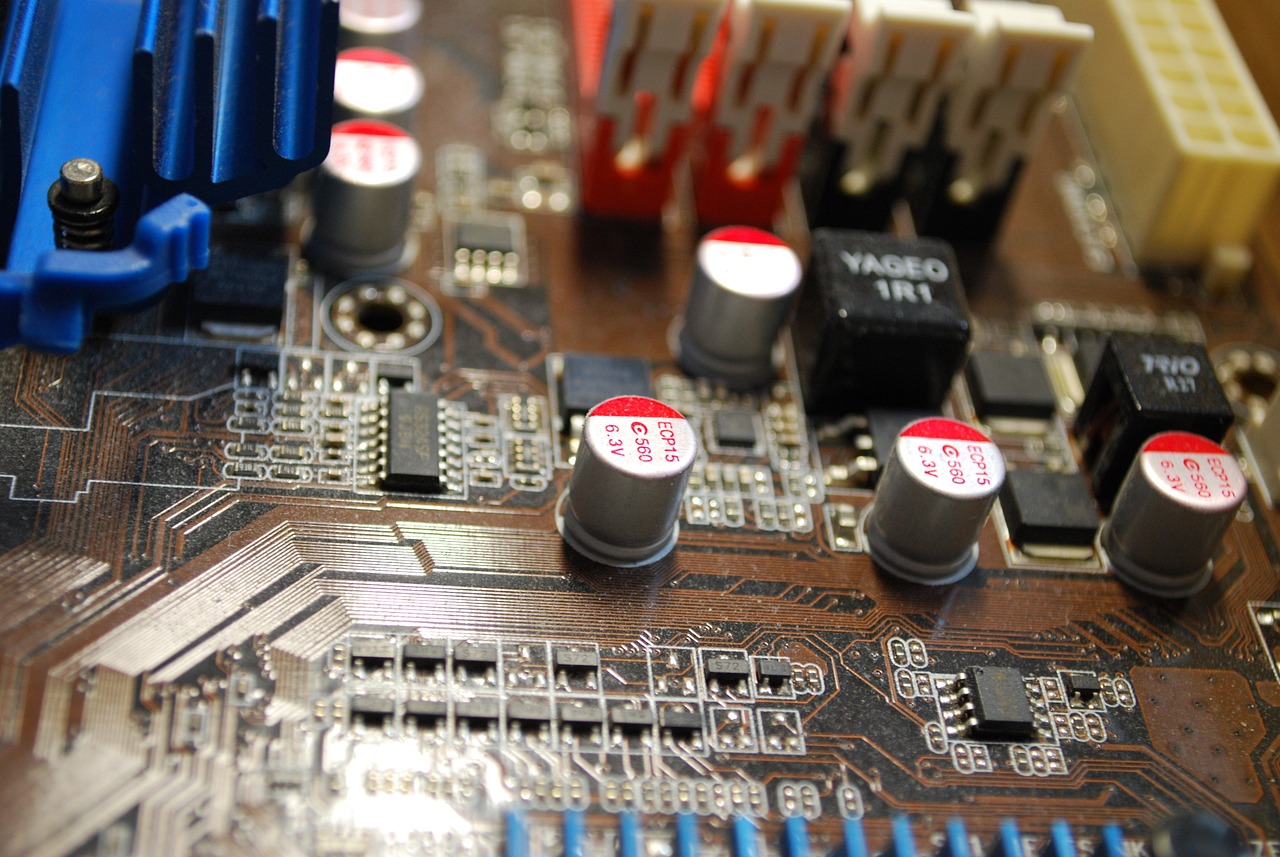PLC循环往复控制器,工业自动化中的核心组件
PLC, or Programmable Logic Controller, is a core component in industrial automation. It is a digital computer that is specifically designed to perform a wide range of tasks, such as logical, arithmetic, and other control functions. PLCs are particularly effective in industrial environments because they can process data quickly, making them ideal for tasks that require quick decision making and response time. PLCs are also highly reliable and can operate in harsh industrial conditions. They are used in a variety of applications, including manufacturing, processing, and packaging. In addition, PLCs can be programmed to perform a wide range of functions, making them highly versatile and adaptable to different industrial needs.
In today's industrial landscape, the role of the PLC (Programmable Logic Controller) is crucial. PLCs have transformed the manufacturing sector, playing a pivotal role in automation, process control, and machine operation. Among the various functions that PLCs perform, their ability to function as loop controllers in applications such as temperature, pressure, and flow control, is particularly significant. This blog post delves into the world of PLC loop controllers, highlighting their significance and applications in industrial automation.

What is a PLC Loop Controller?
A PLC loop controller is a specialized type of controller that is embedded within a PLC system. It performs the vital task of maintaining a desired operating condition by continuously monitoring and adjusting a process variable, such as temperature or pressure, based on setpoints. Loop controllers are integral to process control, ensuring that manufacturing operations run smoothly and efficiently.
How Does a PLC Loop Controller Work?
PLC loop controllers operate by comparing the process variable to a desired setpoint. They then calculate the difference between the two, known as the error signal. This error signal is then processed to generate an output signal that is used to adjust the process variable, bringing it back into alignment with the setpoint. This process is continuously repeated, forming a closed-loop control system.
Types of PLC Loop Controllers

There are several types of PLC loop controllers, each suited for specific applications:
1、PID Controllers: Proportional-Integral-Derivative controllers are the most commonly used type of loop controller. They adjust the process variable by proportionally increasing or decreasing the output signal based on the error signal. PID controllers are particularly effective at maintaining consistent setpoints in systems that are subject to change.
2、Fuzzy Logic Controllers: These controllers, which use fuzzy logic algorithms, are well-suited for handling complex and uncertain systems. They can effectively handle nonlinearities and uncertainties in the process variable, making them ideal for some industrial applications.
3、Neural Network Controllers: Neural network controllers are a type of machine learning-based controller that模仿人脑的工作原理,通过学习和优化来处理复杂的非线性系统和不确定性系统,它们在处理复杂系统和不确定环境下的控制问题时具有显著优势。
PLC Loop Controllers in Industrial Automation

PLC loop controllers play a pivotal role in industrial automation, contributing to the efficiency, productivity, and quality of manufacturing processes. By continuously monitoring and adjusting process variables, they help to ensure that products are consistently manufactured to high standards. Additionally, PLC loop controllers help to maximize resource utilization, reduce waste, and improve overall equipment performance.
Conclusion
PLC loop controllers are integral to industrial automation, playing a crucial role in process control and machine operation. By understanding their functionality and how they contribute to efficient manufacturing processes, companies can make informed decisions about integrating PLC loop controllers into their operations, ultimately improving efficiency and productivity while maintaining high product quality standards.
Articles related to the knowledge points of this article:
PLC Module Controller: The Heart of Industrial Automation
PLC Controller Customization Prices
PLC and Controller Networking: A Guide to Effective Implementation